Payroll management is an essential aspect of running a business, ensuring that employees are paid accurately and on time. When it comes to managing payroll, businesses have two primary options: handling it in-house or outsourcing it to a payroll provider. Each approach has its own set of pros and cons, which we will explore in this blog.
Firstly, let’s look at the benefits and drawbacks of in-house payroll options.
Pros of In-House Payroll Management
Control and Customisation
Managing payroll in-house gives businesses full control over the entire process. They can tailor the payroll system to their specific needs, including customising pay structures, deductions, and benefits. This level of control allows for greater flexibility in adapting to changing business requirements.
Data Security
Some businesses may have concerns about the security of their sensitive payroll data when outsourcing to a third-party provider. By keeping payroll in-house, companies can implement their own security measures and protocols to protect confidential employee information.
Immediate Access
In-house payroll enables immediate access to employee data and payroll records. This can be beneficial for businesses that require real-time access to payroll information for decision-making or reporting purposes.
Cost Savings
For small businesses with a limited number of employees, managing payroll in-house can be cost-effective. It eliminates the need to pay fees to a third-party provider and can reduce overall payroll processing costs.
Cons of In-House Payroll Management
Time-Consuming
Managing payroll in-house requires dedicated resources and expertise. It involves tasks such as calculating wages, withholding taxes, and ensuring compliance with HMRC laws and regulations. For businesses with limited staff or lacking payroll expertise, this can be time-consuming and may divert attention from core business activities.
Compliance Complexity
Staying up-to-date with changing tax laws and regulations can be challenging. In-house payroll requires businesses to invest time and effort in staying compliant and dealing with any associated complexities. Errors in tax filings or non-compliance can lead to penalties and legal issues.
Limited Expertise
Payroll processing involves intricate calculations and understanding complex tax regulations. If businesses lack the necessary expertise or personnel, errors in payroll processing can occur, leading to dissatisfied employees and potential legal issues.
Pros of Outsourcing to a Payroll Provider
On the other hand, there is the option of outsourcing to a Payroll Provider like Bishop Oak who will take all the risk, stress and hassle off your hands. Here are some of the advantages of outsourcing to a payroll provider:
Time-Saving
Outsourcing payroll to a specialised provider frees up valuable time and resources. The payroll provider handles all aspects of payroll processing, including tax calculations, filing, and regulatory compliance. This allows businesses to focus on their core activities and strategic initiatives.
Expertise and Accuracy
Payroll providers specialise in managing payroll and are well-versed in tax laws and regulations. They possess the expertise to handle complex payroll tasks accurately, reducing the risk of errors. Additionally, they stay updated with changing regulations, ensuring compliance on behalf of the business.
Scalability
As businesses grow, managing payroll in-house can become increasingly complex and time-consuming. Outsourcing payroll allows for seamless scalability, as the provider can handle the growing volume of employees and associated tasks without significant disruptions or the need for additional resources.
Enhanced Technology and Support
Payroll providers often utilise advanced payroll software and systems to streamline processes. Businesses can benefit from access to these technologies without having to invest in expensive software licences. Additionally, payroll providers offer dedicated customer support to address any concerns or questions that may arise.
Cons of Outsourcing to a Payroll Provider
Of course, there are also some things to consider when outsourcing payroll including:
Loss of Control
Outsourcing payroll means relinquishing some control over the process. Businesses must rely on the payroll provider’s systems and processes, which may not align perfectly with their specific requirements. This loss of control can lead to potential issues if the provider’s services do not meet expectations.
Security Concerns
Entrusting sensitive employee data to a third-party payroll provider raises security concerns for some businesses. While reputable providers implement robust security measures and follow regulations such as Professional Passport and CIPP best practices, it is vital to ensure the provider you select has the correct security procedures in place to keep information secure.
Communication Challenges
When a business outsources payroll, there may be challenges in communication and responsiveness. If issues or questions arise, the business may have to rely on the provider’s support channels, which might not always offer immediate assistance. Delayed response times or difficulty reaching the provider’s support team can lead to frustration and potential disruptions in payroll operations. However, this is not an issue with Bishop Oak as not only is our friendly team flexible, but they are also available to answer queries outside of office hours.
Dependency on a Third Party
By outsourcing payroll, businesses become dependent on a third-party provider for an essential aspect of their operations. This reliance introduces a level of vulnerability. If the payroll provider experiences technical difficulties, service interruptions, or even financial instability, it can significantly impact the business’s ability to process payroll accurately and on time. The business loses direct control and must trust that the provider will deliver reliable services consistently.
It’s important for businesses to carefully weigh the pros and cons of in-house payroll versus outsourcing to a payroll provider, considering their specific needs, resources, and long-term goals. The decision ultimately depends on factors such as the size of the business, available expertise, cost considerations, and the desire for control and customisation versus the benefits of time savings, expertise, and scalability offered by a payroll provider. If you’d like to learn more about how Bishop Oak can support your business with payroll, get in touch.


